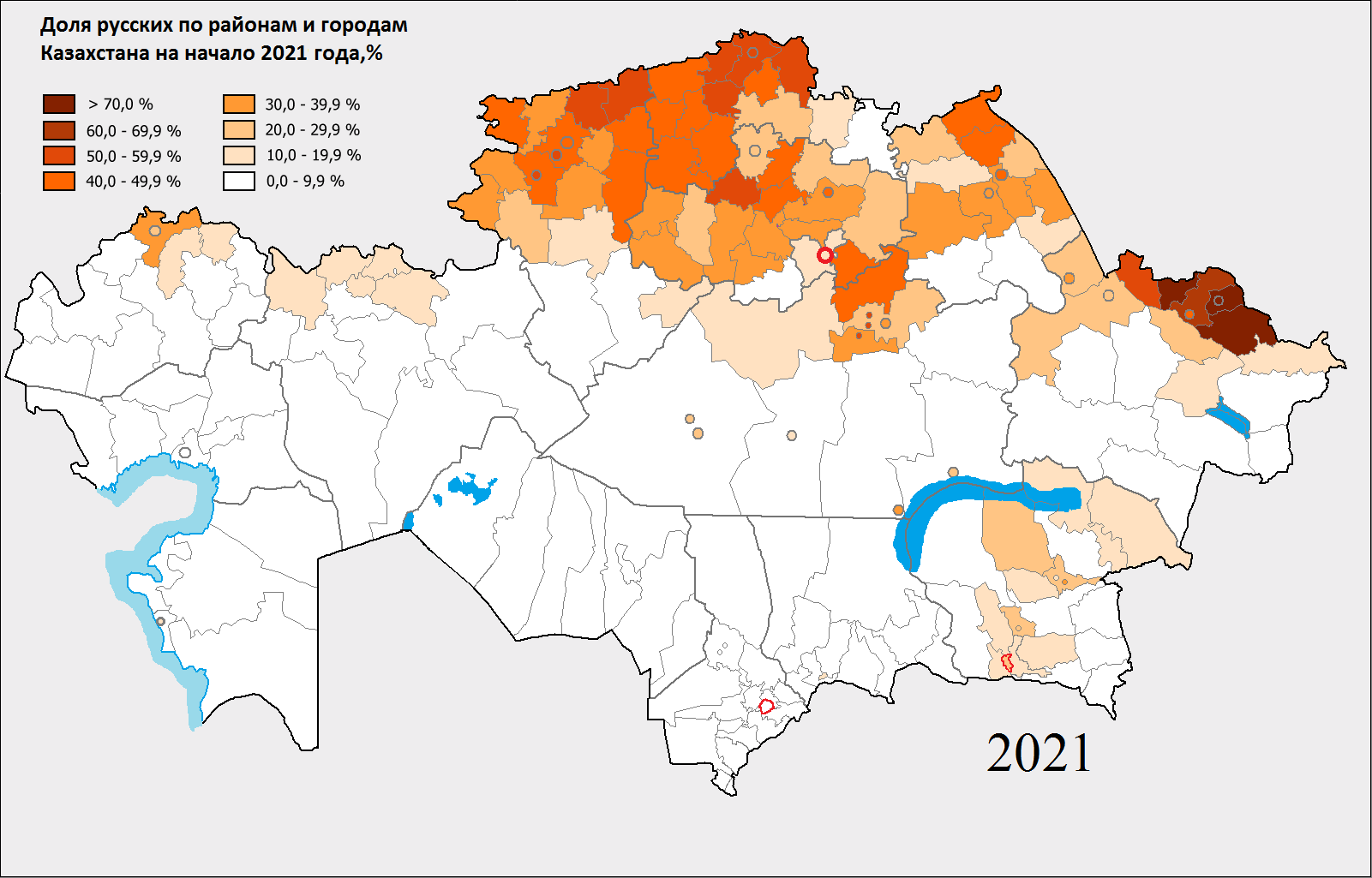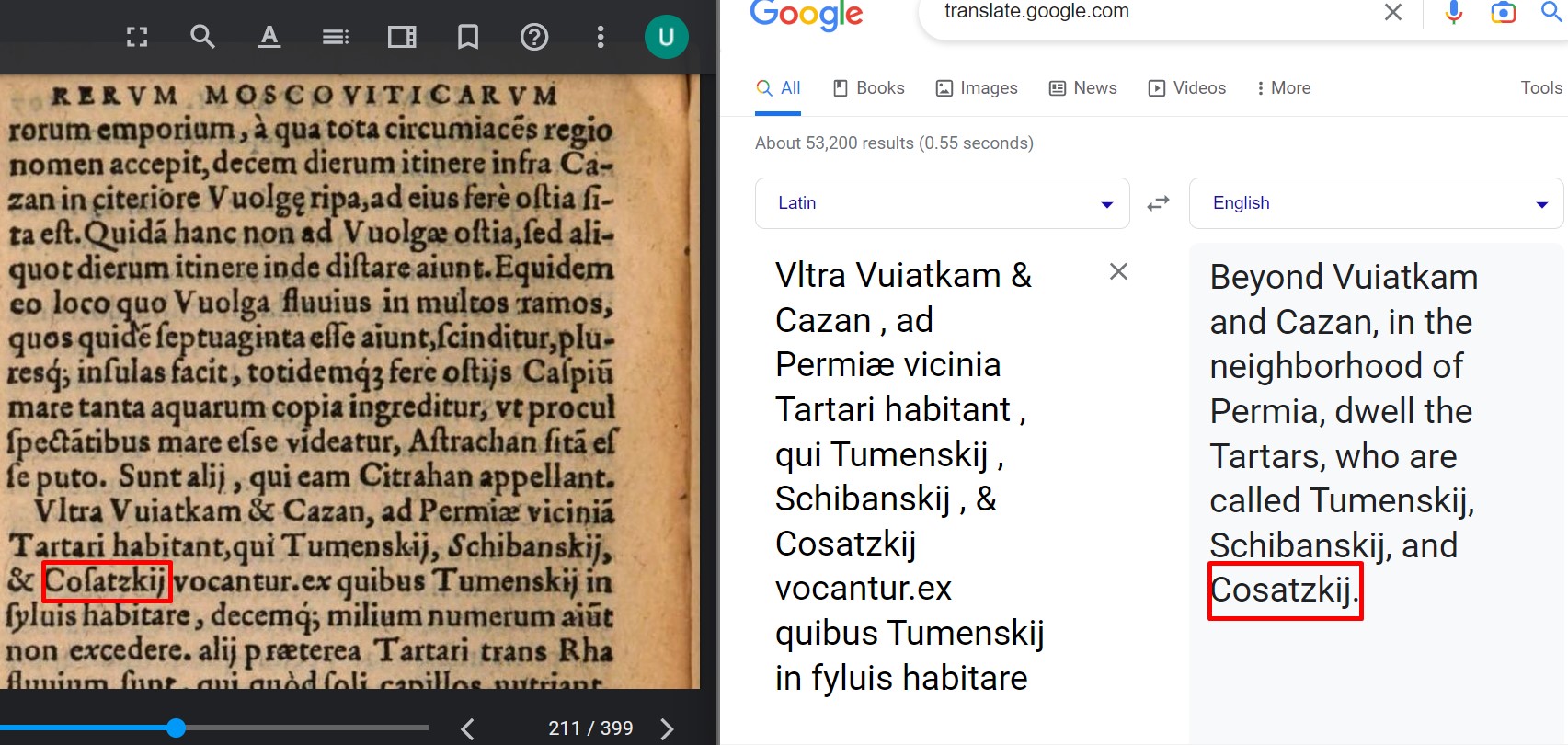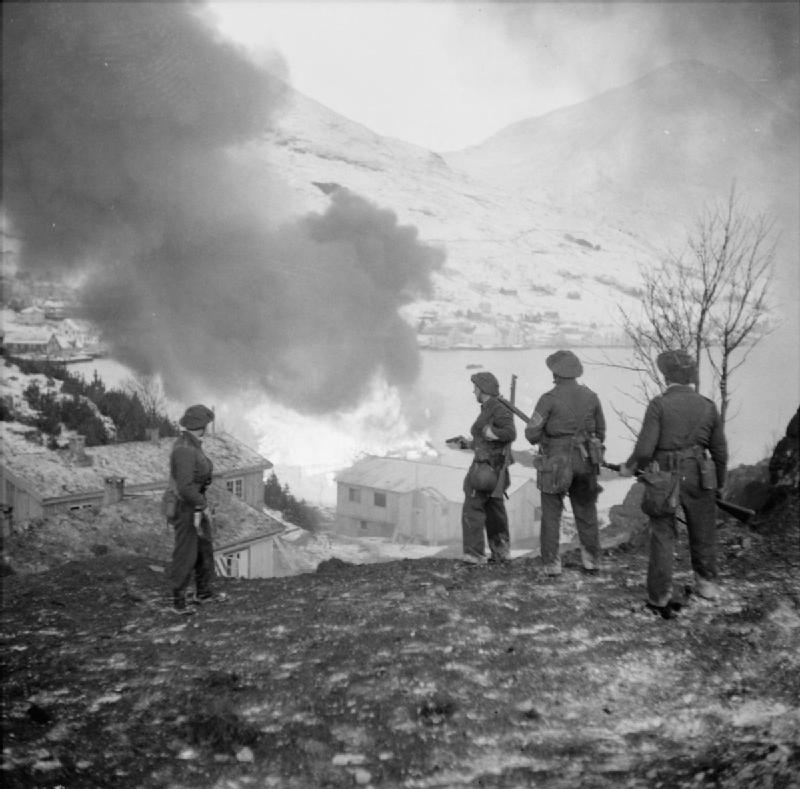|
Jambyl Region
Jambyl or Zhambyl Region ( kk, Жамбыл облысы, translit=Jambyl oblysy; russian: Жамбылская область, Zhambylskaya oblast), formerly known as Dzhambul Region (russian: Джамбульская область, Dzhambulskaya Oblast) until 1991, is a region of Kazakhstan. Its capital is Taraz. The population of the region is 1,000,000; the city is 335,100. The region borders Kyrgyzstan, and is very near to Uzbekistan (all to the south). Jambyl also borders three other provinces: Karaganda Region (to the north), Turkistan Region (to the west) and Almaty Region (to the east). The total area is . The province borders Lake Balkhash to its northeast. The province (and its capital during the Soviet era) was named after the Kazakh '' akyn'' (folk singer) Jambyl Jabayev. History The Dzhambul Region was formed by decree of the Presidium of the Supreme Soviet on October 14, 1939 and included nine districts, of which six were separated from the South Kazakhstan an ... [...More Info...] [...Related Items...] OR: [Wikipedia] [Google] [Baidu] |
Province
A province is almost always an administrative division within a country or state. The term derives from the ancient Roman ''provincia'', which was the major territorial and administrative unit of the Roman Empire's territorial possessions outside Italy. The term ''province'' has since been adopted by many countries. In some countries with no actual provinces, "the provinces" is a metaphorical term meaning "outside the capital city". While some provinces were produced artificially by colonial powers, others were formed around local groups with their own ethnic identities. Many have their own powers independent of central or federal authority, especially in Canada and Pakistan. In other countries, like China or France, provinces are the creation of central government, with very little autonomy. Etymology The English word ''province'' is attested since about 1330 and derives from the 13th-century Old French , which itself comes from the Latin word , which referred to the sphere o ... [...More Info...] [...Related Items...] OR: [Wikipedia] [Google] [Baidu] |
Turkistan Region
Turkistan Region (), formerly South Kazakhstan Region ( kk, Оңтүстік Қазақстан облысы, translit= Oñtüstık Qazaqstan oblysy) (russian: Южно-Казахстанская область, ') from 1992–2018 and Chimkent Region (russian: Чимкентская область, ') from 1963 to 1991 is the southernmost region of Kazakhstan. Population: Its capital is Turkistan, formerly Shymkent until 2018. Other cities in Turkistan include Sayram, Kentau, Arys, Shardara, Zhetisai, Saryagash, and Lenger. This region and Atyrau Region are Kazakhstan's two smallest regions; both are about 117,300 square kilometers in area. Turkistan Region borders the neighboring country of Uzbekistan (and is also very near the Uzbekistan capital Tashkent), as well as three other Kazakhstan regions: Karaganda Region (to the north), Kyzylorda Region (to the west), and Jambyl Region (to the east). The Syr Darya passes through the region, on its way to the Aral Sea. An oil ... [...More Info...] [...Related Items...] OR: [Wikipedia] [Google] [Baidu] |
Dungan People
Dungan, Xiao'erjing: ; zh, s=东干族, t=東干族, p=Dōnggān zú, w=Tung1kan1-tsu2, , Xiao'erjing: ; russian: Дунгане, ''Dungane''; ky, Дуңгандар, ''Duñgandar'', دۇنغاندار; kk, Дүңгендер, ''Düñgender'', دٷڭگەندەر is a term used in territories of the former Soviet Union to refer to a group of Muslim people of Hui origin. Turkic-speaking peoples in Xinjiang Province in Northwestern China also sometimes refer to Hui Muslims as Dungans. In both China and the former Soviet republics where they reside, however, members of this ethnic group call themselves Hui because Dungans are descendants of historical Hui groups that migrated to Central Asia. In the censuses of the countries of the former Soviet Union, the Dungans (enumerated separately from Chinese) are found in Kazakhstan (36,900 according to the 1999 census), Kyrgyzstan (58,409 according to the 2009 census) and Russia (801 according to the 2002 census). [...More Info...] [...Related Items...] OR: [Wikipedia] [Google] [Baidu] |
Russians In Kazakhstan
There has been a substantial population of Russians in Kazakhstan since the 19th century. Although their numbers have been reduced since the breakup of the Soviet Union, they remain prominent in Kazakh society today. Russians formed a plurality of the Kazakh SSR's population for several decades. Early colonisation The first Rus' traders and soldiers began to appear on the northwestern edge of modern Kazakhstan territory in the early 16th century, when Cossacks established the forts that later became the cities of Oral (Ural'sk, est. 1520) and Atyrau (Gur'yev). Ural, Siberian and later Orenburg Cossack Hosts gradually established themselves in parts of northern Kazakhstan. In 1710s and 1720s Siberian Cossacks founded Oskemen (Ust-Kamennaya), Semey (Semipalatinsk) and Pavlodar (Fort Koryakovskiy) as border forts and trading posts. Russian imperial authorities followed and were able to seize Kazakh territory because the local khanates were preoccupied by a war with Kalm ... [...More Info...] [...Related Items...] OR: [Wikipedia] [Google] [Baidu] |
Kazakhs
The Kazakhs (also spelled Qazaqs; Kazakh: , , , , , ; the English name is transliterated from Russian; russian: казахи) are a Turkic-speaking ethnic group native to northern parts of Central Asia, chiefly Kazakhstan, but also parts of northern Uzbekistan and the border regions of Russia, as well as Northwestern China (specifically Ili Kazakh Autonomous Prefecture) and Mongolia (Bayan-Ölgii Province). The Kazakhs are descendants of the ancient Turkic Kipchaks, Kipchak tribes and the medieval Mongolic peoples, Mongolic tribes, and generally classified as Turco-Mongol tradition, Turco-Mongol cultural group. Kazakh identity is of Middle Ages, medieval origin and was strongly shaped by the foundation of the Kazakh Khanate between 1456 and 1465, when following disintegration of the Golden Horde, several tribes under the rule of the sultans Janibek Khan, Janibek and Kerei Khan, Kerei departed from the Khanate of Abu'l-Khayr Khan in hopes of forming a powerful khanate of ... [...More Info...] [...Related Items...] OR: [Wikipedia] [Google] [Baidu] |
Murat Bektanov
Murat Käribaiūly Bektanov ( kk, Мұрат Кәрібайұлы Бектанов, translit=Mūrat Kärıbaiūly Bektanov) is a Kazakh military leader and was the Minister of Defence. He previously served as the Chief of the General Staff and Commander-in-Chief of the Kazakh Ground Forces. Early life and career Born in the village of Sokolovka in North Kazakhstan Region, Bektanov graduated from the Kiev Higher Combined Arms Command School in the Ukrainian Soviet Socialist Republic. From 1989–1990, he commanded a motorized rifle platoon of the Soviet Army. After the dissolution of the Soviet Union, he served as head of an intelligence unit of an airborne assault battalion. From 1993–1997, he was the commander of a platoon at the Alma-Ata Higher All-Arms Command School. From 1997–1998, he was an officer in a combat training department of the Ministry of Defense of Kazakhstan. Up until he studied at the Military Academy of the Armed Forces. From 2001–2005, he ser ... [...More Info...] [...Related Items...] OR: [Wikipedia] [Google] [Baidu] |
Kassym-Jomart Tokayev
Kassym-Jomart Kemeluly Tokayev ( kk, Қасым-Жомарт Кемелұлы Тоқаев, Qasym-Jomart Kemelūly Toqaev ; born 17 May 1953) is a Kazakh politician and diplomat who is currently serving as the President of Kazakhstan since 12 June 2019. Shortly before that, he served as acting president after the resignation of Nursultan Nazarbayev, who previously held the presidential post for nearly three decades. Born in Alma-Ata (now Almaty), Tokayev attended the Moscow State Institute of International Relations where after graduating in 1975, he worked as a diplomat in Singapore and China. After the dissolution of the Soviet Union, Tokayev became the Deputy Foreign Minister of a newly independent Kazakhstan in 1992, where he was involved on the issues of nuclear disarmament within the former Soviet republics. In 1999, Tokayev became the Deputy Prime Minister, and in October of that year with the endorsement of the Parliament, he was appointed as Prime Minister of Kazakh ... [...More Info...] [...Related Items...] OR: [Wikipedia] [Google] [Baidu] |
Nurlan Yermekbayev
Nurlan (Baiuzakuly) Yermekbayev ( kk, Нұрлан Байұзақұлы Ермекбаев, ''Nūrlan Baiūzaqūly Ermekbaev'') is a Kazakh politician, diplomat and Lieutenant General of the Army who had been the Minister of Defense of Kazakhstan from 7 August 2018 to 31 August 2021. Biography He was born on New Year's Day in 1963 in the city of Shymkent in the Kazakh SSR. He began his career at the Institute of Chemical Engineering in Moscow, where he began his studies. In the spring of 1981, Yermekbayev was conscripted into the Soviet Armed Forces and enrolled in the army's military institute in the capital. From 1984 to 1985, he participated in combat mission of the USSR in the Republic of Angola. He graduated with Honors from the Military Institute of the Ministry of Defense of the USSR in 1986 with knowledge of Chinese and English. After graduating from the Military Institute he served until 1991 in the Armed Forces of the USSR in the Osh Region of the Kyrgyz SSR, in the c ... [...More Info...] [...Related Items...] OR: [Wikipedia] [Google] [Baidu] |
Ammunition Dump
An ammunition dump, ammunition supply point (ASP), ammunition handling area (AHA) or ammunition depot is a military storage facility for live ammunition and explosives. The storage of live ammunition and explosives is inherently hazardous. There is the potential for accidents in the unloading, packing, and transfer of ammunition. Great care is taken in handling these dangerous explosives so as not to harm personnel or nearby ammunition. Despite the intensive preventive measures they get, ammunition depots around the world suffer from non-combat fires and explosions. Although this is a rare occurrence, there are devastating consequences when it does happen. Usually, an ammunition depot experiencing even minor explosions in one of its sites/buildings is immediately evacuated together with surrounding civilian areas. Thus, all of the stored ammunition is left to detonate itself completely for days or weeks, with very limited attempts at firefighting from a safe distance.How one ... [...More Info...] [...Related Items...] OR: [Wikipedia] [Google] [Baidu] |
Presidium Of The Supreme Soviet
The Presidium of the Supreme Soviet (russian: Президиум Верховного Совета, Prezidium Verkhovnogo Soveta) was a body of state power in the Union of Soviet Socialist Republics (USSR).The Presidium of the Supreme Council of the USSR (ПРЕЗИДИУМ ВЕРХОВНОГО СОВЕТА СССР) . The presidium was elected by joint session of both houses of the Supreme Soviet to act on its be ... [...More Info...] [...Related Items...] OR: [Wikipedia] [Google] [Baidu] |
Jambyl Jabayev
Zhambyl Zhabaev ( kk, Жамбыл Жабайұлы; 28 February 1846 — 22 June 1945) was a Soviet and Kazakh traditional folksinger (Kazakh: '' akyn''). Life According to a family legend, his mother, Uldan, gave birth to him near Mt. Zhambyl, close to the headwaters of the Chu River while fleeing an attack on her village. His father, Dzhabay, then named his son after the mountain. As a boy, Zhambyl learned how to play the dombra and at age 14, left his home to become an aqyn. He learned the art of improvisation from the aqyn Suyunbai Aronuly. Zhambyl sang exclusively in the Kazakh language. Many patriotic, pro-revolution and pro-Stalin poems and songs were attributed to Zhambyl in the 1930s and were widely circulated in the Soviet Union. Jambyl Jabayev died on 22 June 1945, eight months before his 100th birthday. He was buried in Alma-Ata in a garden which he cultivated with his own hands. The Kazakh city of Taraz was named after Zhambyl from 1938 to 1997. Jambyl Regio ... [...More Info...] [...Related Items...] OR: [Wikipedia] [Google] [Baidu] |
Akyn
Akyns, or aqyns ( kk, ақын, ky, акын, ; both transcribed as ''aqın'' or ''اقىن''), are improvising poets and singers in the Kazakh and Kyrgyz cultures. Akyns differ from the or , who are song performers or epic storytellers. In song competitions known as aytıs, akyns improvise in the form of a song-like recitative, usually to the accompaniment of a dombra (among Kazakhs) or a komuz (among Kyrgyz). In the context of the nomadic lifestyle and illiteracy of most of the rural population in Central Asia in pre-Soviet times, akyns played an important role in terms of expressing people's thoughts and feelings, exposing social vices, and glorifying heroes. In the Soviet era, their repertoire incorporated praise songs to Lenin. Modern akyns may also publish their original lyrics and poetry. Akyn Kazakhstan Famous Kazakh Akynes: Zhanak Kambaruluy (1760-1857), Mahambet Utemsov (1804-1846), Suunbai Aronewa (1815-1898), Shernyz Zharylgasov (1817-1881), Birzhan-Sal Khodgu ... [...More Info...] [...Related Items...] OR: [Wikipedia] [Google] [Baidu] |





